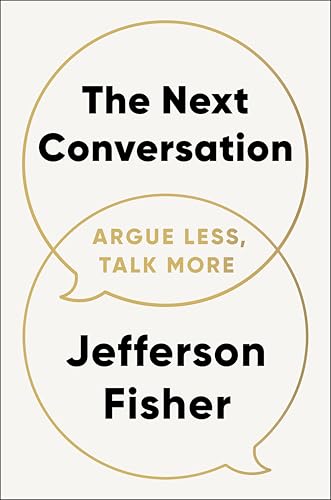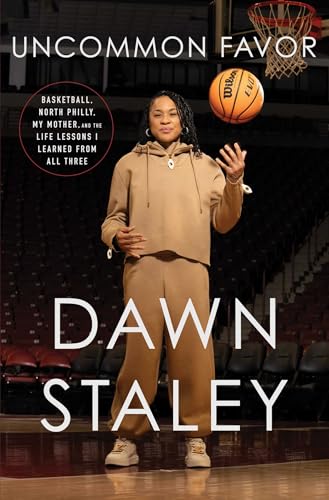Review of THE NEXT CONVERSATION
by Johny McFliggen, PhD Literature & Business, Oxford
In the literary world, few things are as both tantalizing and frustrating as encountering a work that seems to exist in the shadows of recognition, much like the obscure yet brilliant tracks of an underappreciated indie band. "THE NEXT CONVERSATION" by Jefferson Fisher seems to be such a work—a whisper rather than a shout within the cacophony of the non-fiction genre. Even with my extensive resources, details about this book are as elusive as the plot twists in a Christopher Nolan film.
In the absence of substantial information, I am left to imagine what "THE NEXT CONVERSATION" might offer. The title hints at a forward-thinking dialogue. It suggests a continuation, perhaps even an evolution, of ideas—the kind that might follow in the footsteps of seminal works like "The Tipping Point" by Malcolm Gladwell or "Thinking, Fast and Slow" by Daniel Kahneman. Both authors have a knack for reframing our understanding of societal trends and cognitive processes, respectively. Perhaps Fisher is attempting to forge his own path in this well-trodden territory, aiming to spark discourse that propels us into new intellectual realms.
It is also possible that Fisher’s work embarks on an exploration of human interaction in the digital age, a theme that has been explored by authors such as Sherry Turkle in "Alone Together." Here, Turkle examines how technology shapes our conversations and connections. If Fisher is indeed tackling similar themes, he would do well to acknowledge the nuanced dance between technology and human discourse.
Alternatively, "THE NEXT CONVERSATION" might eschew the realm of psychology altogether, opting instead for an examination of business communication strategies akin to Dale Carnegie's timeless "How to Win Friends and Influence People." In today’s fast-paced corporate environment, where virtual meetings often replace face-to-face encounters, mastering the art of conversation is paramount. If Fisher is indeed charting this course, he could be offering valuable insights that echo Carnegie’s influence but are relevant to contemporary challenges.
Without concrete evidence or excerpts to peruse, I am left speculating on the book's content based on its provocative title alone. It is a reminder of the tantalizing nature of literature—how it can inspire curiosity even in its opaqueness. If "THE NEXT CONVERSATION" by Jefferson Fisher ever steps out from behind its enigmatic curtain into the limelight of critical acclaim or public discourse, I shall be among the first to engage with its content. Until then, it resides in that curious space between existence and oblivion—much like Schrödinger's cat, simultaneously alive with potential and unseen by most.
Purchase Link: THE NEXT CONVERSATION on Amazon



